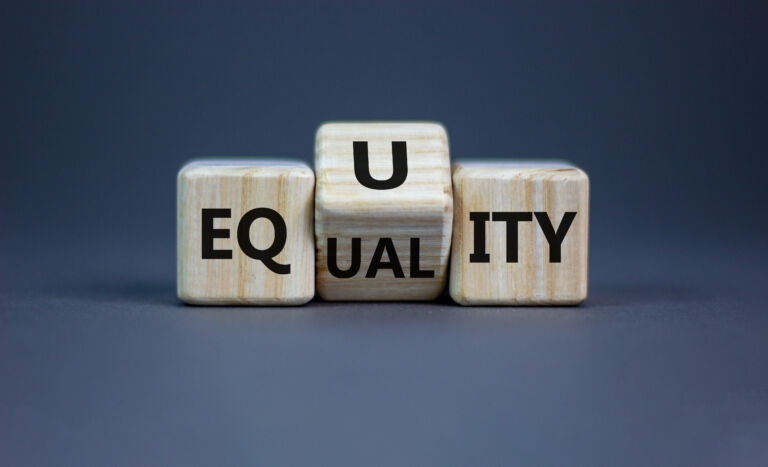Nate Hochman of National Review Online ponders the ongoing debate over equality.
It might be the most famous statement in American political history: the idea, as expressed by Thomas Jefferson in the Declaration’s second sentence, “that all men are created equal.” But how to interpret it has been a debated question among conservatives for decades.
Paleoconservatives and representatives of the “Old Right” were skeptical of the categorical emphasis on equality, while neoconservatives and the West Coast subgroup of Straussians, to varying degrees, embraced Jeffersonian equality. …
… Today’s progressives have abandoned equality altogether in pursuit of a more explicitly radical, and openly discriminatory, “equity.” The result is a White House that bars “white male restaurant owners from applying to a multi-billion dollar restaurant stimulus fund for three weeks, by which time the money may run out,” as the Daily Wire reported, and states that implement treatment protocols in which “racial minorities are automatically eligible for scarce COVID-19 therapeutics, regardless of age or underlying conditions.” …
… Meanwhile, it is conservatives who have adopted Johnson’s language of “equality of opportunity” to distinguish their agenda from “equality of outcome.” …
… But the Left’s past use of this concept as a waypoint on the journey to “equity” should give conservatives pause. The question, really, is what equality of opportunity means. If it is simply “equal laws protecting equal rights,” as James Madison put it, then that should be unobjectionable to conservatives, at least in principle. But why not simply use the language employed by Madison and the other Framers — that of simple, basic, equal legal rights?
In reality, equality of opportunity is a departure from the kind envisioned by the Founders. We should at least be honest about this, and about what it would take to truly implement this new interpretation. Equal opportunity implies some amount of equality of condition; and equality of condition requires significant intervention by the state.


